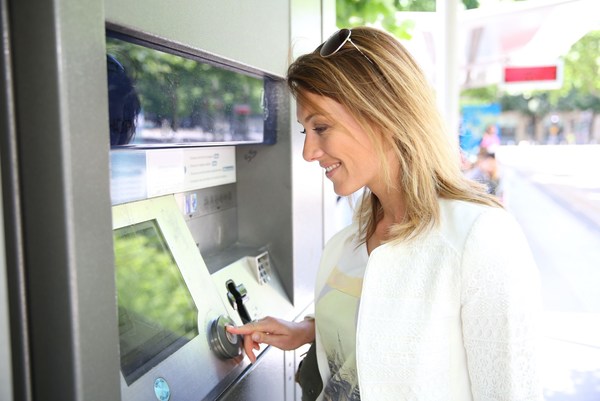Banks often tout the benefits of opening savings and checking accounts, but often charge fees that are at odds with those benefits.
In the current economic climate, interest rates on most savings accounts could hardly be lower. This makes it even more critical that you do whatever is possible to avoid incurring bank fees, since they have greater potential to eat into your balance.
Here are five of the most common bank fees and how you can avoid being charged for them.
1. Maintenance Fees
The average American pays $7 per month in maintenance fees, which reduces their account balance by $84 each year. Collectively, the top five banks in America take in over $1 billion annually in monthly maintenance fees alone.
So what to do?
Banks that charge maintenance fees often provide criteria that must be met for the fees to be waived. This may or may not include:
- Maintaining a minimum daily balance.
- Using the attached debit card a certain amount times per month.
- Establishing a recurring direct deposit through employment income or otherwise.
Take the time to read your bank’s terms and conditions, and reap the rewards later.
2. ATM Fees
ATM fees are a bugbear of most consumers who believe that they shouldn’t be charged fees to access their own money. Nevertheless, there's no indication that fees charged for using non-affiliated ATMs will vanish any time soon, so it's wise to be proactive in avoiding them.
Avoiding these fees requires that you be slightly more strategic with managing your money. When you inevitably find yourself stuck having to use a non-affiliated ATM, draw more out to get more bang for your buck.
Alternatively, sign up to a larger institution that has wider coverage or agreements with other banks so that you can use their ATMs for free. Some online banks that don't have physical ATMs of their own may even offer to reimburse ATM fees (usually up to a limit).
3. Overdraft Fees
Overdraft fees are charged when you have spent more money than is remaining in your account. Like ATM fees, they can be avoided through proper money management.
If you write a lot of checks, monitor your balance by using the register at the back to record each transaction. Budgeting apps can also help with managing money, and some banks will even provide email or message alerts when you are nearing a zero balance. Using your bank's smartphone app to confirm your balance before making a sizable purchase is also a good idea.
Some banks will also allow you to set up an automatic overdraft transfer – this means that if you overdraw your checking account, the remaining portion of the transaction will be deducted from your savings account.
4. Foreign Transaction Fees
The average international transaction fee hovers at around 3% of the total purchase, which is not an insignificant sum for larger or repeat purchases. What’s more, many foreign banks charge ATM fees on top of transaction fees.
To mitigate foreign transaction charges, frequent travellers should bank with an institution that offers fee-free travel – even if that means using a credit card overseas and then paying off the balance electronically. Big banks including Chase, Wells Fargo, Capital One 360, Discover and Citibank all offer credit or debit cards that don't charge a foreign transaction fee.
5. Paper Statement Fees
Once upon a time, a monthly statement in the mail was the only record you had of the previous month’s transactions. But in this modern age, paper statements are obviously far less common than online banking through websites or apps.
While some prefer to remain old school and receive statements in the mail, banks will continue to pass on the cost of mailing and preparing a paper statement.
Avoiding these fees is as simple as signing up to online banking and enabling digital statements. In some limited cases, smaller banks may waive paper statement fees if asked. But for many consumers, apathy is the biggest problem. Many established bank accounts decades ago and simply got into the habit of receiving paper statements – whatever the cost.
Smarter Money Management
With interest rates at historical lows, banks are finding clever and somewhat covert ways of making money through bank fees. However, most of them can be avoided by smarter money management, financial planning, and signing up with institutions who are best tailored to your individual needs.







